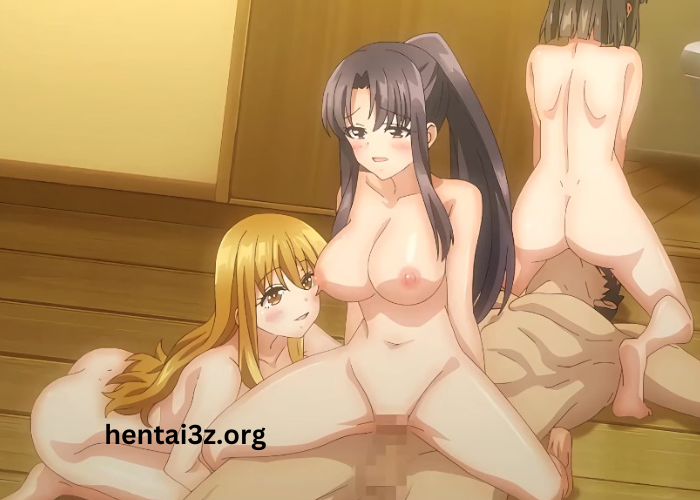Harem Camp Hentai, a subgenre of anime and manga, has gained significant popularity over the years, particularly among certain demographics. This style of storytelling typically revolves around a male protagonist who finds himself surrounded by multiple female love interests, often in a secluded or isolated setting. While the genre has its devoted fans, it has also faced various criticisms and controversies. In this article, we will explore some of the primary criticisms leveled against Harem Camp Hentai and delve into the nuanced discussions surrounding this complex topic.
Exploring the Criticisms of Harem Camp Hentai
Lack of Consent and Objectification
One of the most significant criticisms of Harem Camp Hentai is the perceived lack of consent and the objectification of female characters. In many Harem Camp Hentai narratives, the female characters are often depicted as being overly eager to engage in sexual or romantic relationships with the male protagonist, without much consideration for their own agency or personal boundaries. This can be seen as reinforcing harmful stereotypes and promoting the idea that women are merely objects for male pleasure and gratification.
Unrealistic and Harmful Portrayal of Relationships
Another criticism of Harem Camp Hentai is the unrealistic and potentially harmful portrayal of romantic and sexual relationships. The genre often presents relationships as overly simplistic, with the male protagonist effortlessly attracting and managing multiple female partners without any significant emotional or interpersonal challenges. This can create unrealistic expectations and distort the viewer’s understanding of healthy, consensual relationships.
Impact on Viewers and Society
The concerns surrounding Harem Camp Hentai extend beyond the content itself, as critics argue that the genre can have a negative impact on viewers, particularly younger audiences. The objectification and sexualization of female characters, coupled with the unrealistic relationship dynamics, may contribute to the normalization of problematic attitudes and behaviors, potentially influencing viewers’ perceptions and expectations in real-life relationships.
Cultural and Ethical Considerations
Harem Camp Hentai also raises cultural and ethical concerns, as the genre is often rooted in Japanese cultural tropes and traditions. Some argue that the genre perpetuates harmful gender norms and power imbalances, which may be reflective of broader societal issues within certain cultural contexts. Additionally, the explicit sexual content and themes present in Harem Camp Hentai raise questions about the appropriate age and audience for such material.
Counterarguments and Defenders of the Genre
It is important to note that not all criticisms of Harem Camp Hentai are universally accepted. Some defenders of the genre argue that it is a form of escapist fantasy, where the exaggerated and idealized portrayals of relationships are not intended to be taken as realistic representations. They may also contend that the genre provides a space for exploring themes of romance, sexuality, and personal agency in a fictional setting.
Addressing the Criticisms and Potential Improvements
While the criticisms of Harem Camp Hentai are valid and deserve consideration, there may be opportunities for the genre to evolve and address some of these concerns. Creators could explore more nuanced and thoughtful representations of relationships, emphasize the importance of consent and mutual respect, and strive to create narratives that are more inclusive and representative of diverse perspectives.
Conclusion: Understanding the Complexities of Harem Camp Hentai Criticisms
In conclusion, the criticisms of Harem Camp Hentai highlight the complex and multifaceted nature of this genre. While the genre has its devoted fans, the concerns raised about consent, objectification, and the portrayal of relationships cannot be ignored. As with any form of media, it is essential to engage in critical discourse and encourage creators to thoughtfully consider the impact of their work on audiences. By addressing these criticisms and striving for more nuanced and responsible representations, the Harem Camp Hentai genre may evolve in a way that better reflects the complexities of human relationships and the importance of consent, respect, and ethical storytelling.
